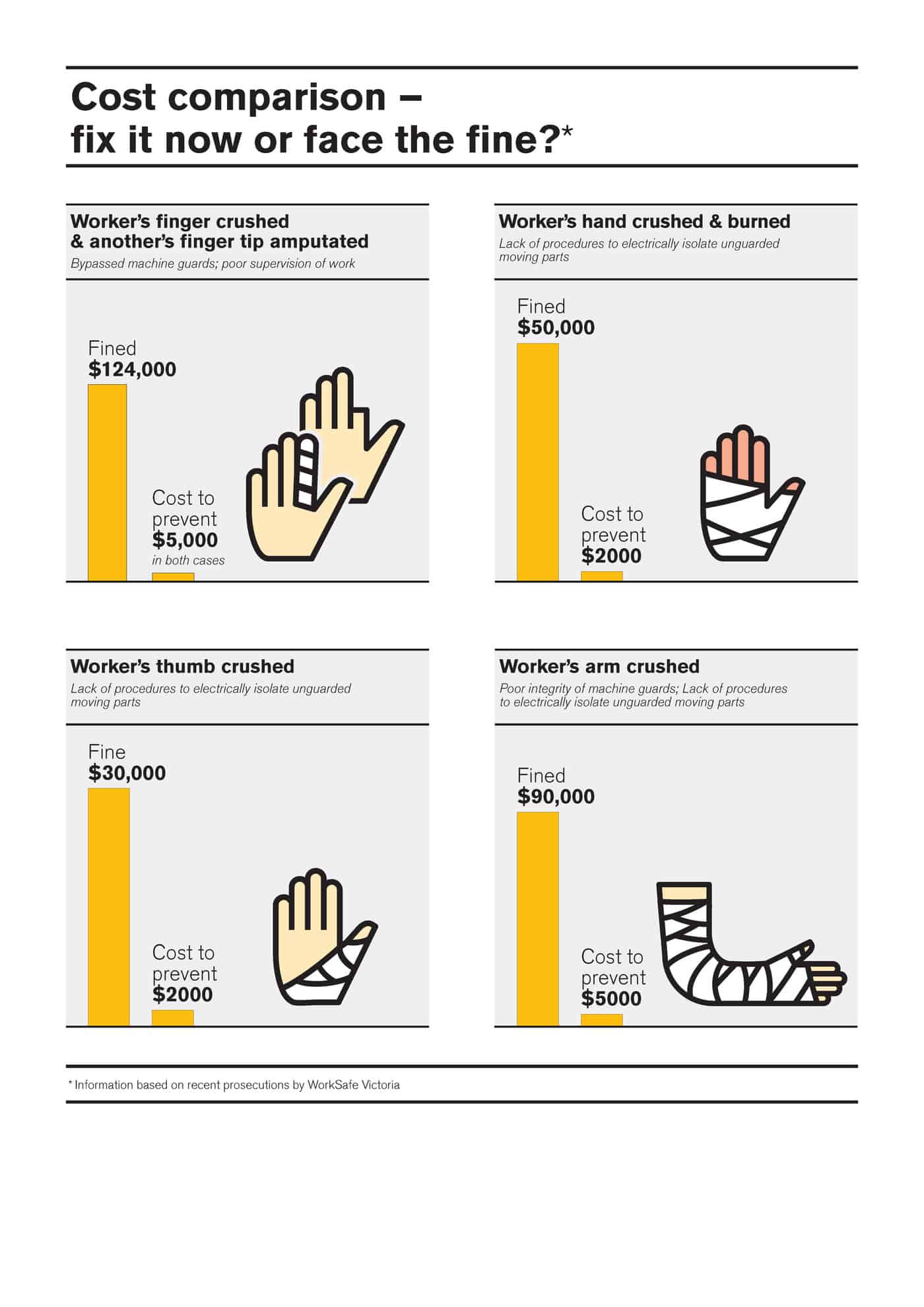Recently SafetyAtWorkBlog was able to spend some time with the Director of the Victorian Government’s Construction Compliance Code Unit (CCCU), Nigel Hadgkiss. The CCCU and Hadgkiss have been in the Victorian media recently in terms of the CCCU investigation of industrial relations matters in several Grocon construction projects and some discussions with LendLease but an often overlooked, yet significant, element of the Construction Compliance Code is the occupational health and safety obligations. The CCCU has been working on early drafts of a Health and Safety Management Plan (HSMP) with which all those operating under the Code will need to comply.
 Many of the questions SafetyAtWorkBlog posed stemmed from a presentation Hadgkiss made at a breakfast seminar on which SafetyAtWorkBlog previously wrote. That article is recommended for background and context.
Many of the questions SafetyAtWorkBlog posed stemmed from a presentation Hadgkiss made at a breakfast seminar on which SafetyAtWorkBlog previously wrote. That article is recommended for background and context.
Nigel Hadgkiss advised that since 1 July 2012 71 companies and associated companies have “signed up” to the Compliance Code with a full awareness that OHS is a key element of compliance.
OHS obligations of unsuccessful tenderers
The Code requires companies tendering for Victorian Government construction work to follow specific OHS obligations, whether they are the successful tenderers or not. In some ways this seem unfair.
Hadgkiss believes that the tenderers to government contracts are well aware of the safety obligations from the outset. From that point they are contractually bound whether they are successful or not.
Continue reading “The safety role of the Construction Compliance Code Unit”





